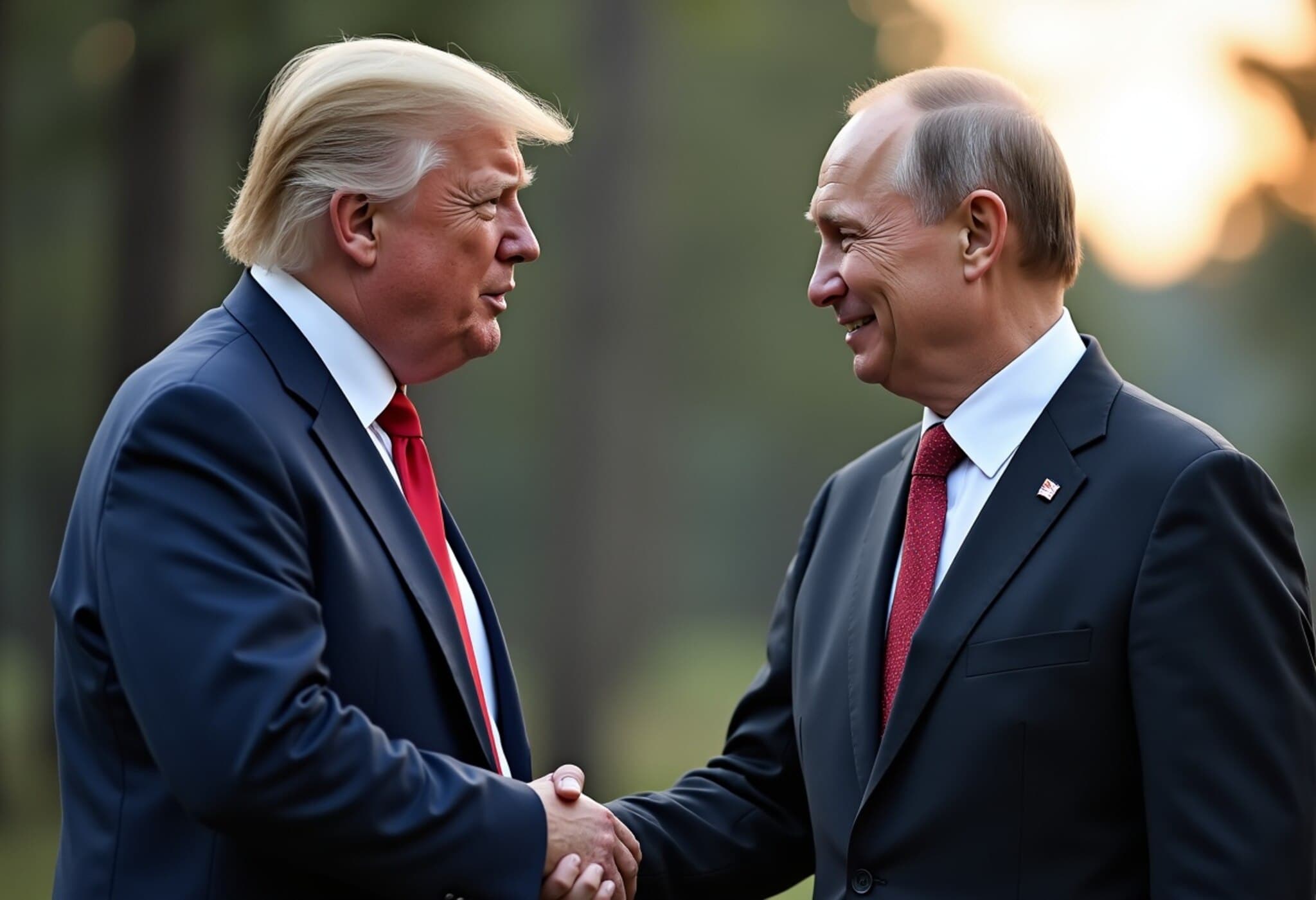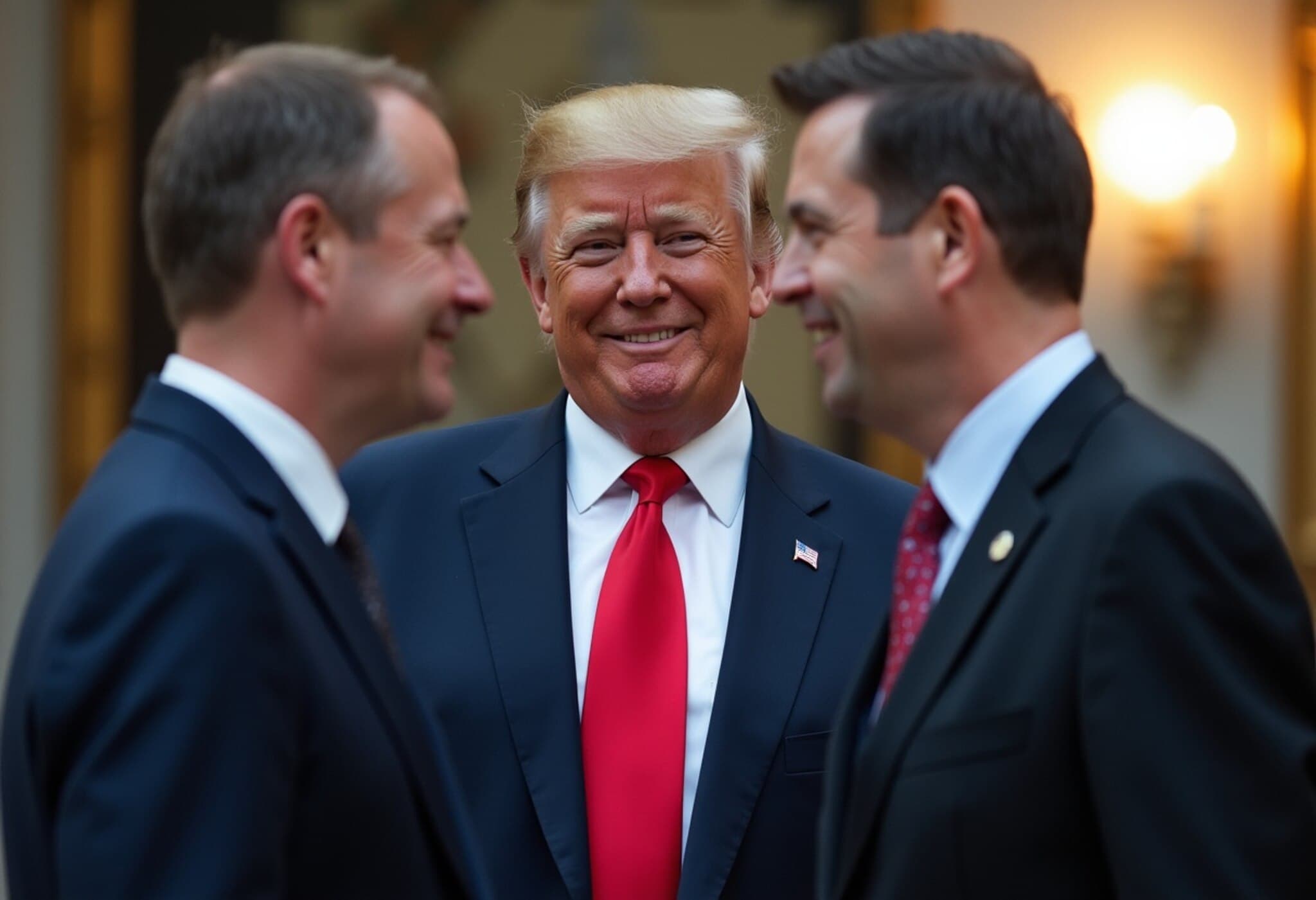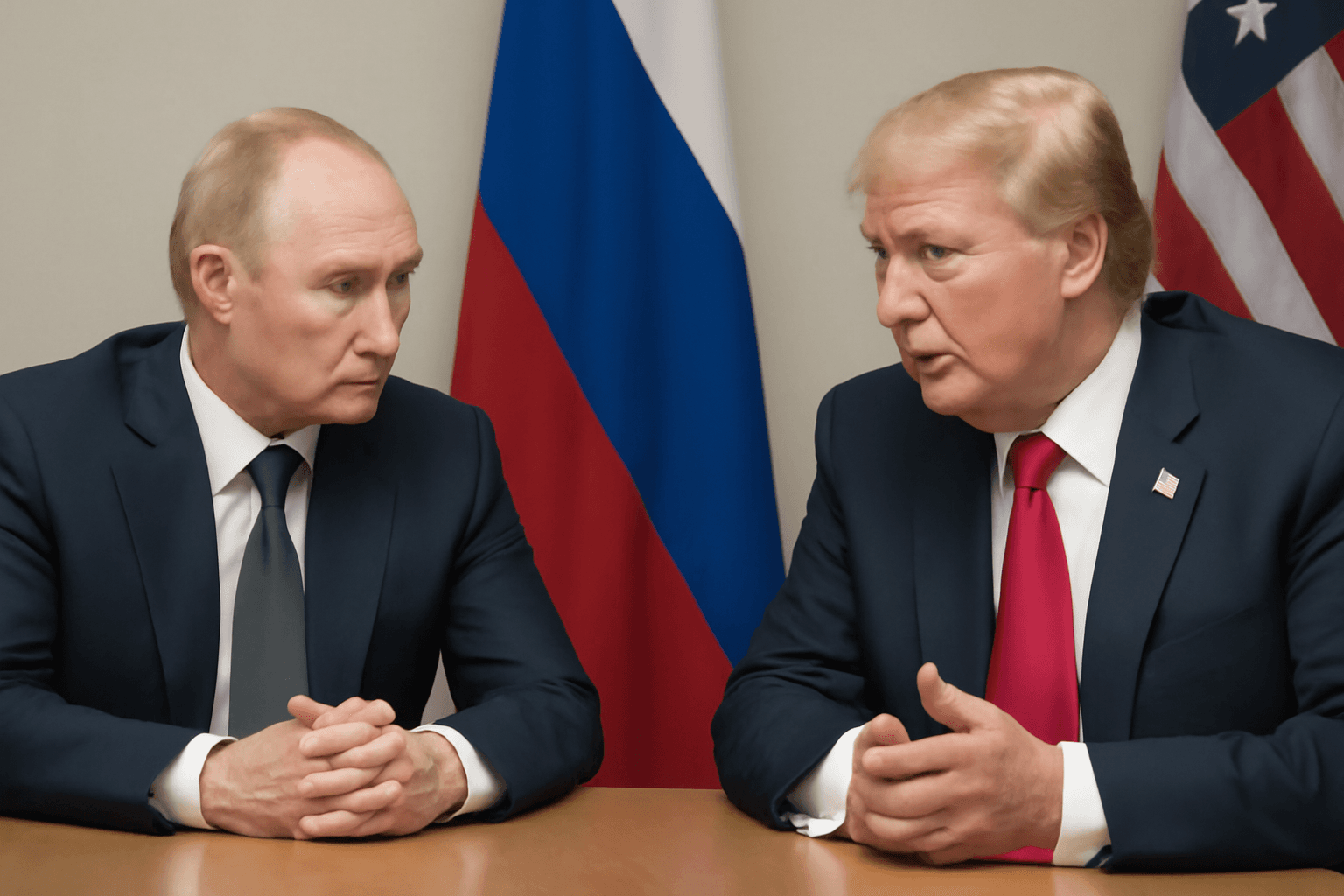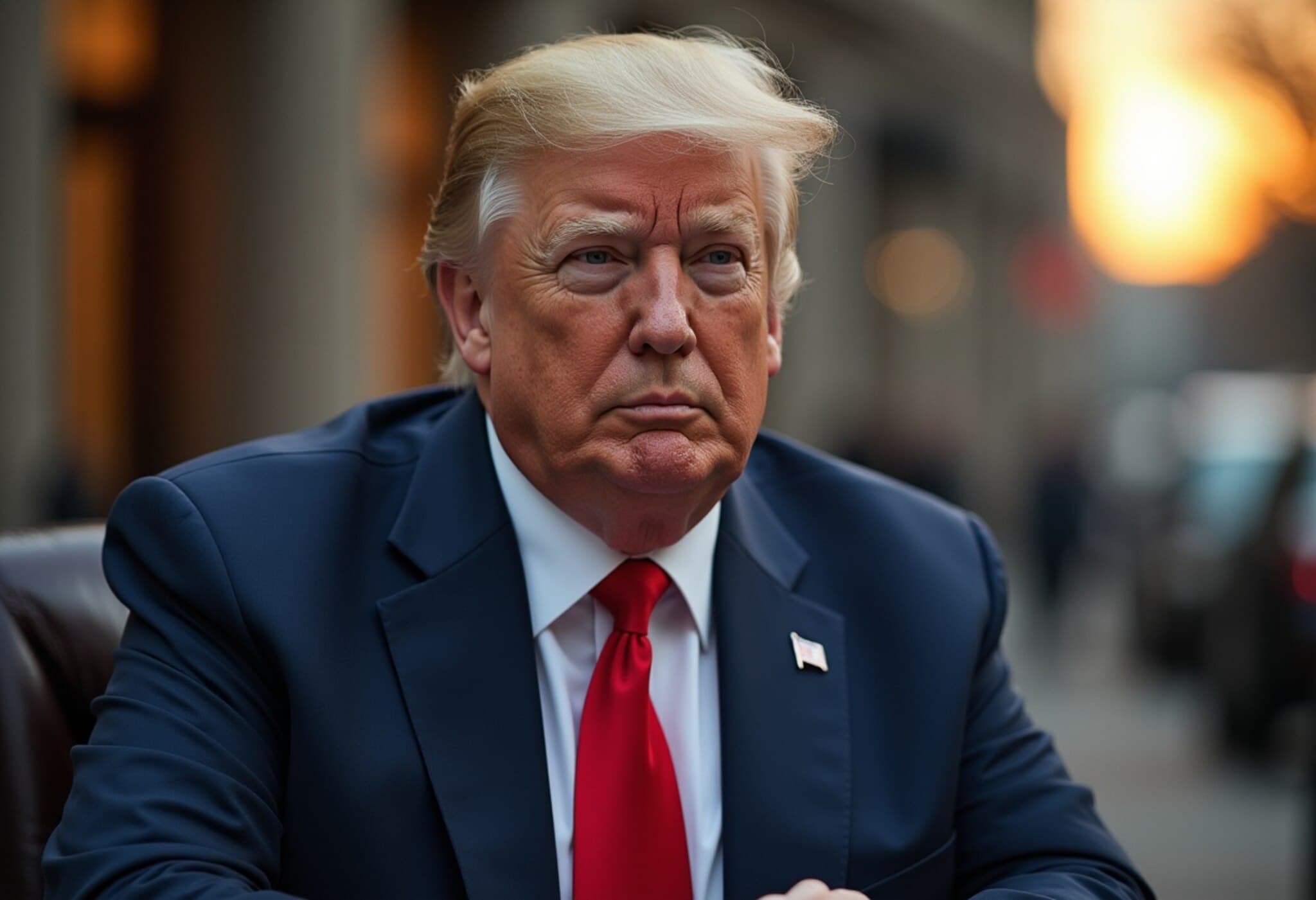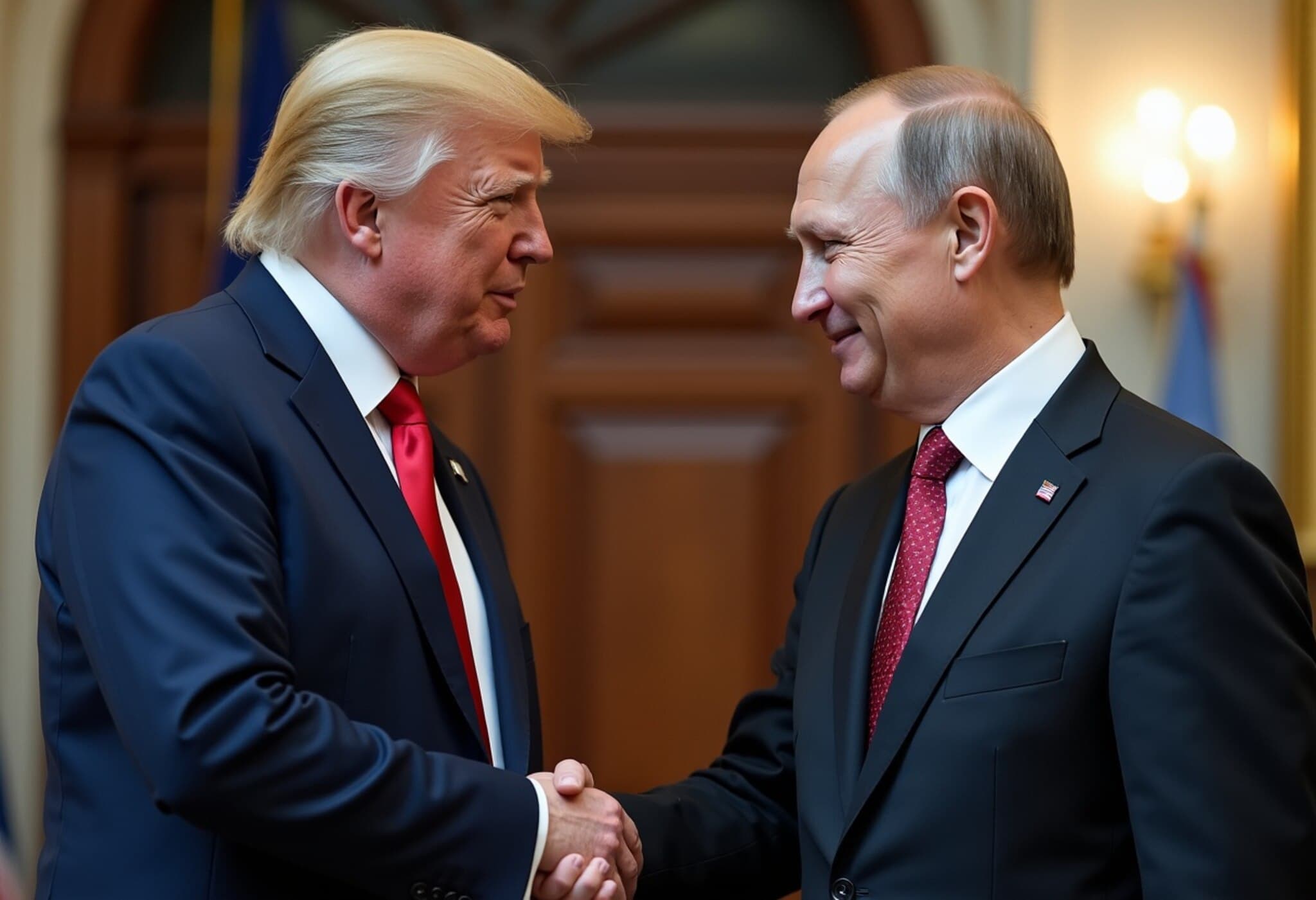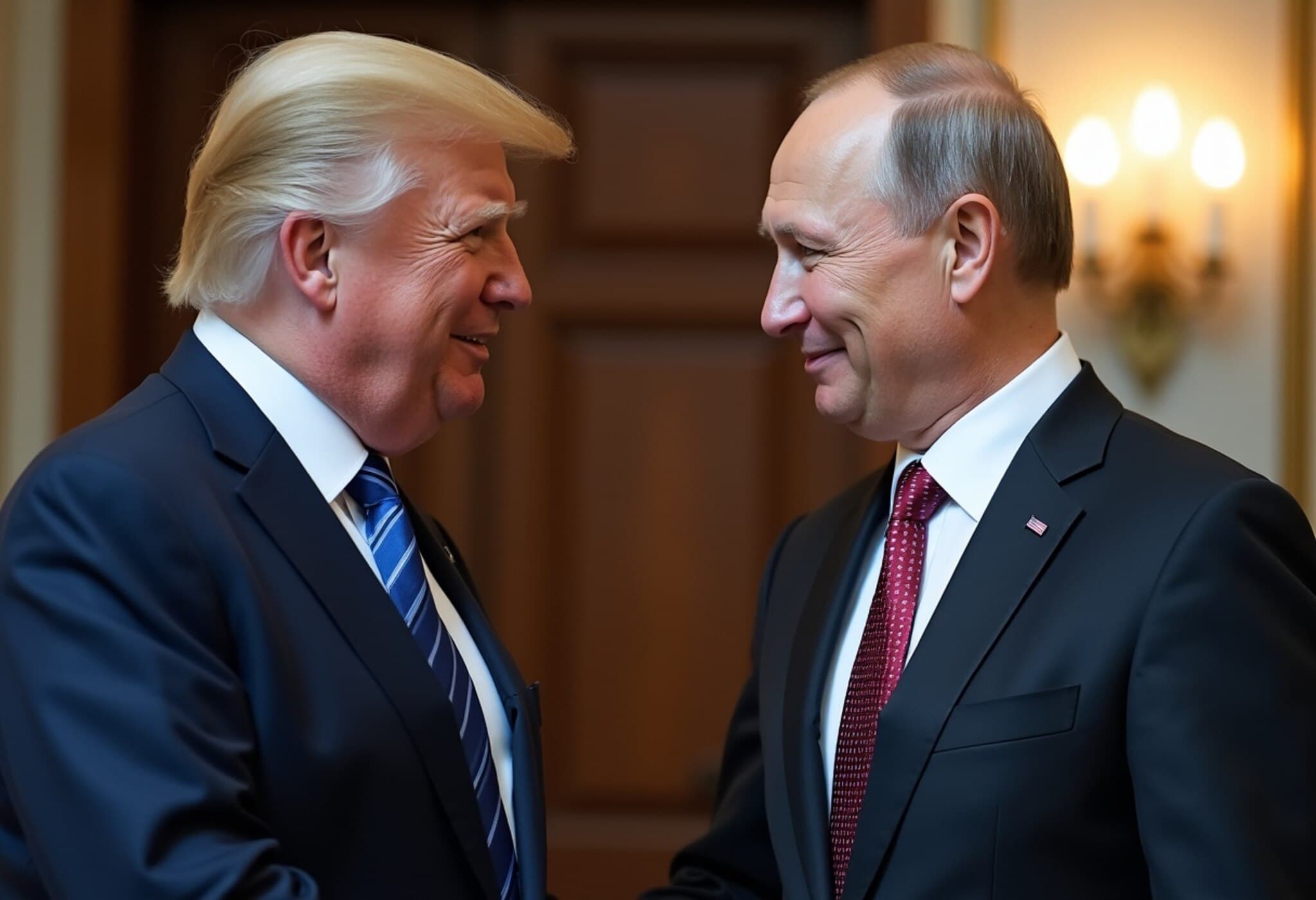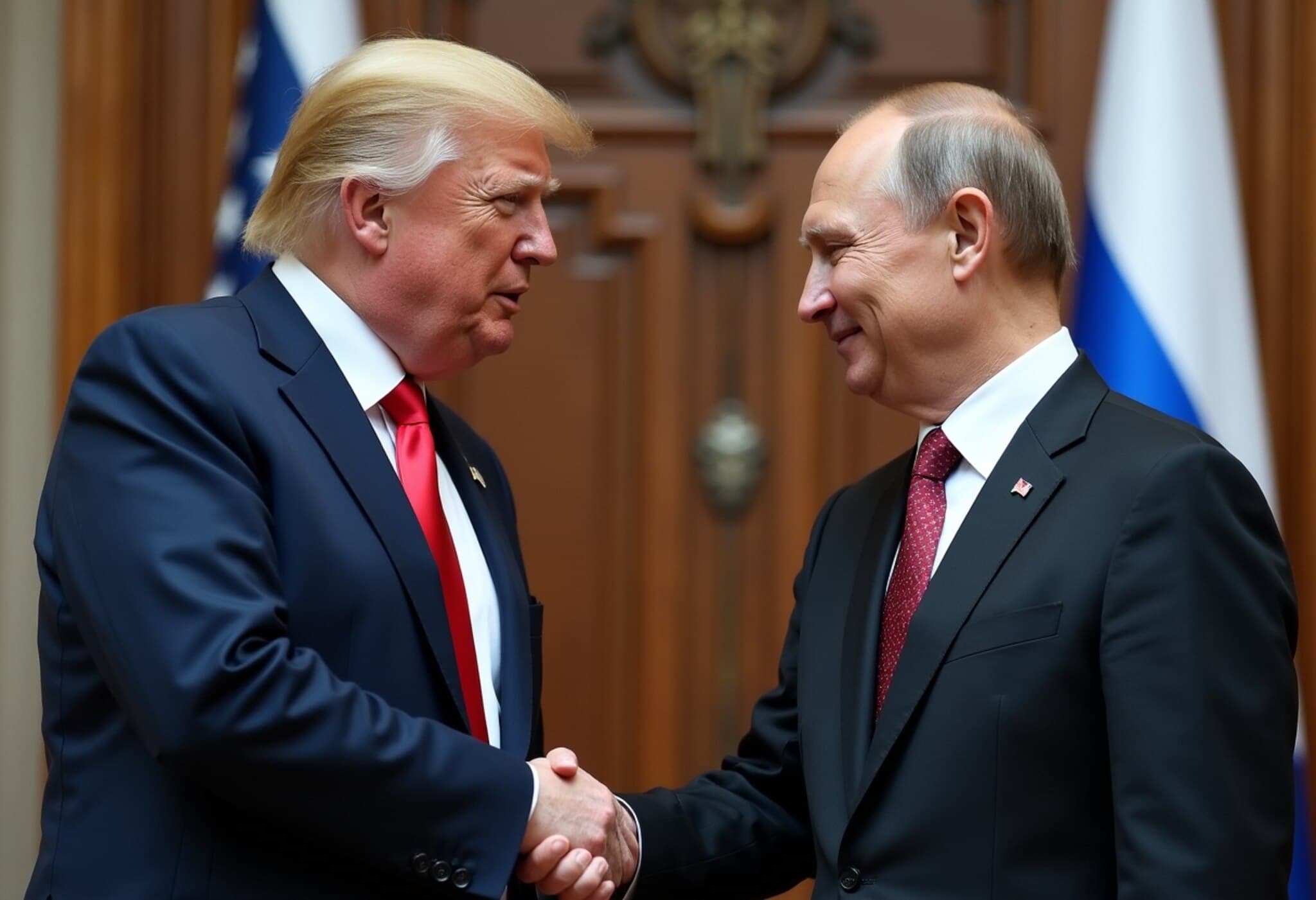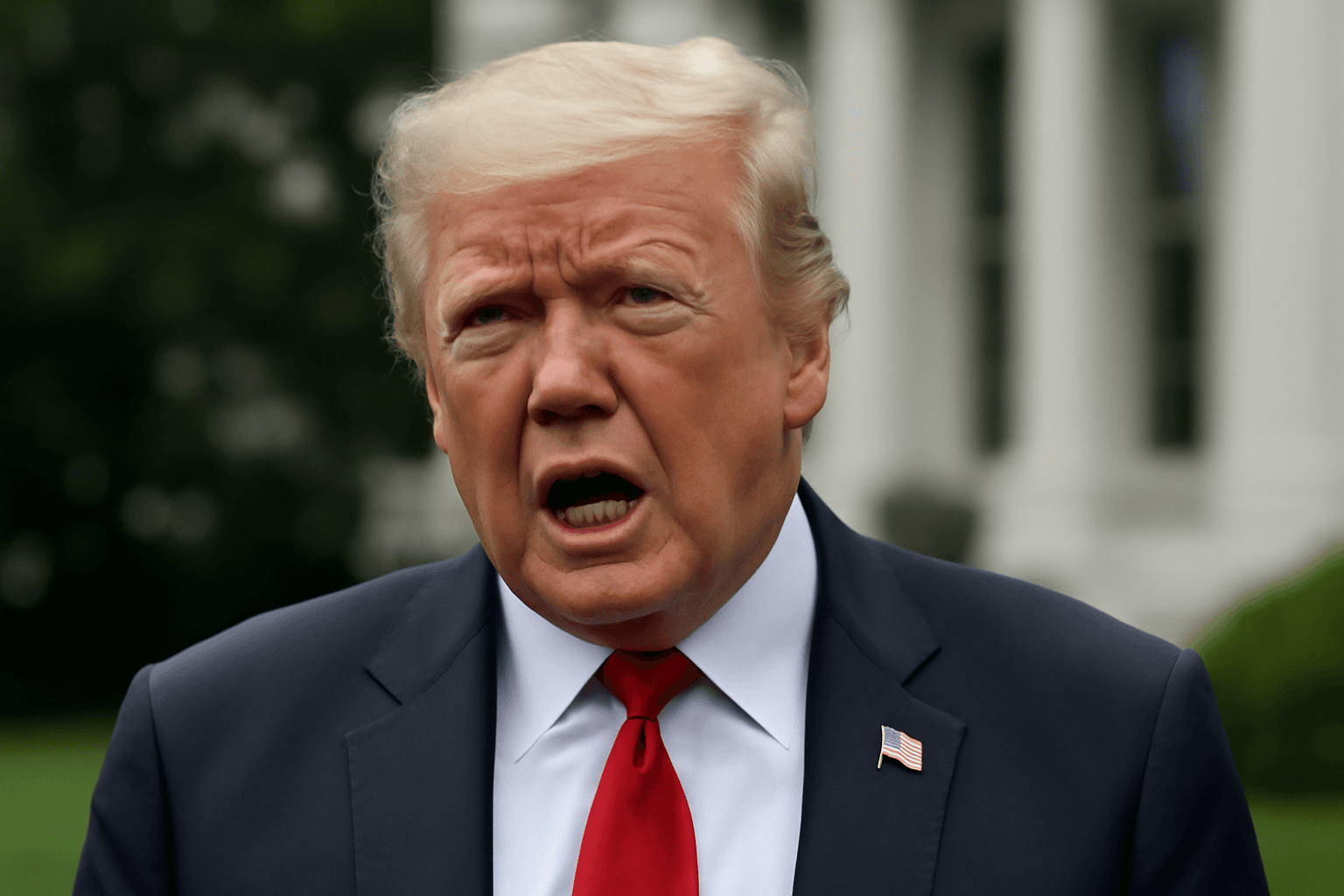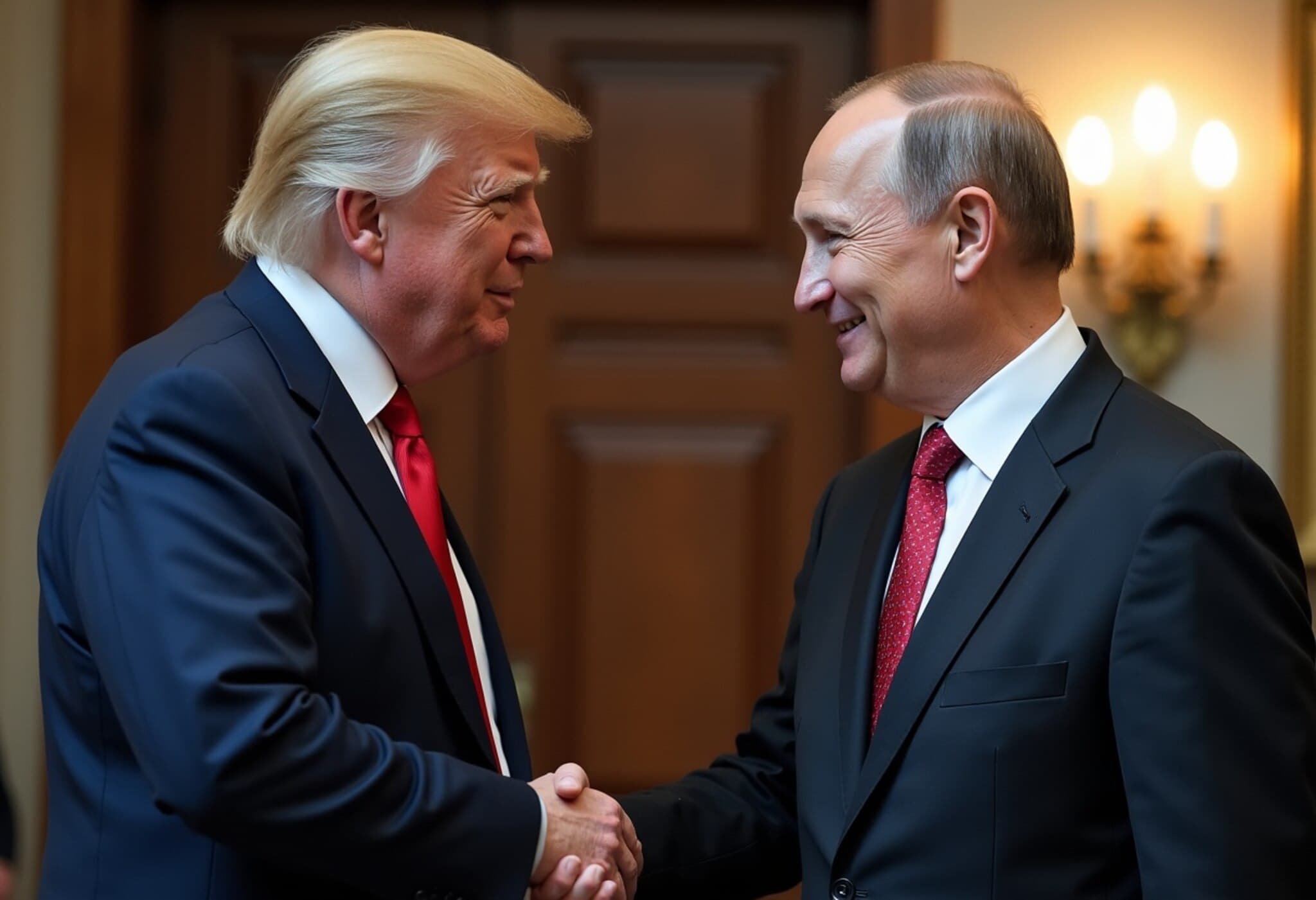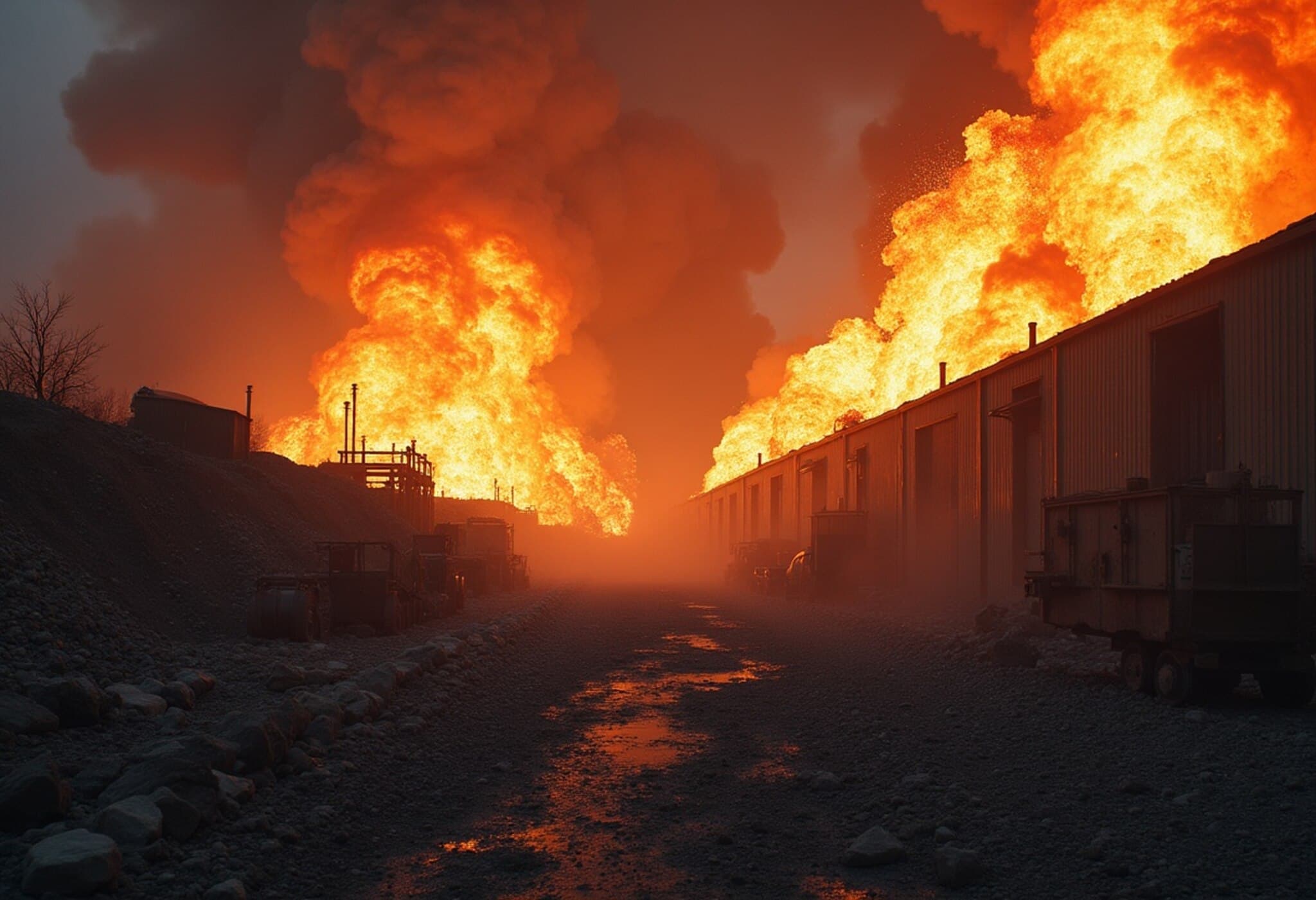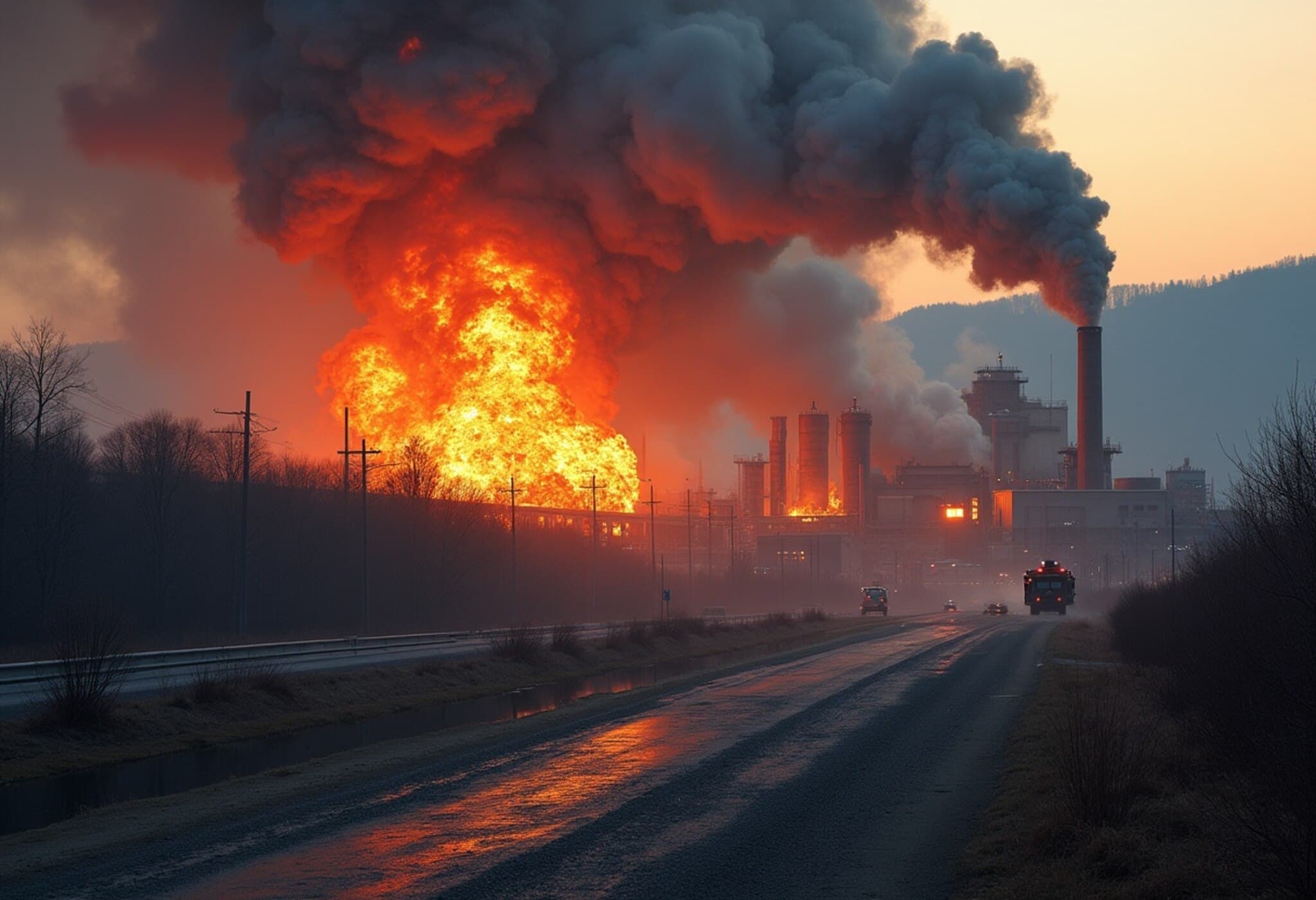Donald Trump Announces Crucial Meeting with Vladimir Putin in Alaska
In a move that has sparked global interest, former US President Donald Trump confirmed he will meet Russian President Vladimir Putin in Alaska on August 15, 2025. Highlighting his confidence as a seasoned negotiator, Trump declared he would know "within minutes" whether a peace agreement to end the Russia-Ukraine conflict was achievable. His blunt assertion underscores the high stakes involved in this diplomatic encounter amid one of the most persistent conflicts challenging global stability.
Peace Talks Aim at Ceasefire and Territorial Dialogue
Speaking to reporters at the White House, Trump expressed hope for "constructive conversations" that could lead to a swift ceasefire in Ukraine. He plans to press Putin on ending hostilities immediately, signaling his intent to act as a catalyst for peace. Trump further revealed he intends to follow up his discussion with Putin by engaging Ukrainian President Volodymyr Zelenskyy and European allies, aiming to broker a broader dialogue.
Central to the talks is a controversial stance on territorial concessions. Trump criticized Zelenskyy's apparent unwavering position against any land swaps, suggesting that flexibility, including possible territorial compromises, might be essential to securing a lasting peace. This angle, often underexplored in mainstream discourse, raises complex questions about sovereignty, national identity, and the pragmatics of conflict resolution.
Why Alaska? A Symbolic Choice for Historic Diplomacy
The meeting’s location—Alaska—carries symbolic weight. Once Russian territory until its sale to the United States in 1867, Alaska sits just across the Bering Strait from Russia’s easternmost edge. Hosting the talks here evokes a historical connection and serves as neutral ground, marking Putin’s first US visit in a decade. The setting underscores the gravity and rarity of this diplomatic overture.
Trump’s Deal-Making Confidence and Its Implications
When pressed on how he would gauge the possibility of a deal so quickly, Trump leaned on his self-professed deal-making expertise, telling reporters, "That’s what I do—I make deals." This confidence is a hallmark of his political persona but invites scrutiny given the complex geopolitical realities at play.
His remarks also touched on the potential for an eventual renewal of US-Russia trade relations, contingent on Russia shifting focus from military conflict to economic development. Trump described Russia as "a warring nation" known historically for resilience, citing its role in defeating Hitler alongside the Allies. This perspective sheds light on his broader vision for recalibrating US-Russia relations beyond the battlefield.
Expert Analysis: Navigating the Fragile Path to Peace
Experts warn that while the meeting generates optimism, the entrenched conflict in Ukraine involves deeply rooted historical, political, and security dilemmas. Analysts emphasize that any progress will require nuanced understanding of Moscow’s strategic goals and Kyiv’s non-negotiable demands.
Furthermore, the looming question is how the US political landscape and international allies, especially within NATO and the EU, will respond to potential compromises — particularly those involving territorial adjustments. The potential for new alliances or escalations depends heavily on the outcomes of these intimate conversations.
Underreported Yet Crucial Questions
- How might public opinion in Ukraine and the US shape or constrain the leaders’ flexibility?
- What role will economic sanctions and military assistance play post-discussions?
- Could this meeting pave the way for broader détente or inadvertently entrench divisions?
Looking Ahead: A Moment Charged with Potential and Uncertainty
As the world watches, the Alaska summit encapsulates more than a bilateral conversation; it represents a crossroads for international peace efforts, American foreign policy, and regional security dynamics. Trump’s direct style and bold assertions invite both skepticism and cautious hopefulness.
Editor's Note
The upcoming Trump-Putin meeting in Alaska embodies a complex blend of history, diplomacy, and personal political theater. While Trump’s confidence in swift deal-making resonates with his brand, the entrenched realities of the Russia-Ukraine war suggest progress will demand more than quick judgments. As negotiations unfold, readers should consider the broader geopolitical implications, the human costs of war, and the delicate balance required to reconcile sovereignty with peace.

